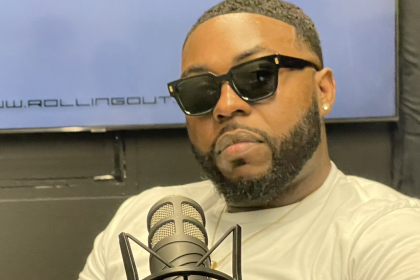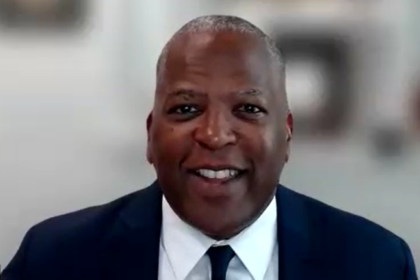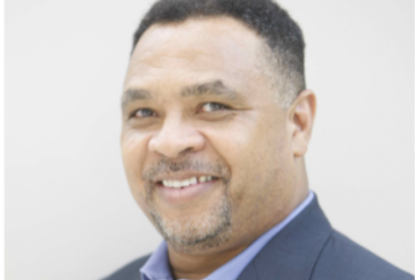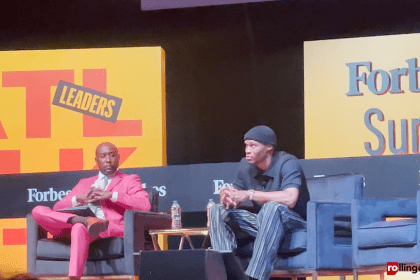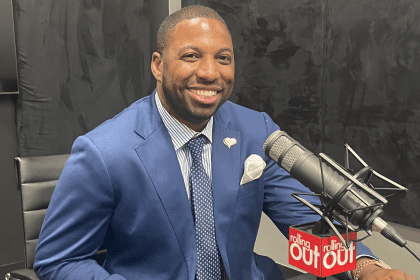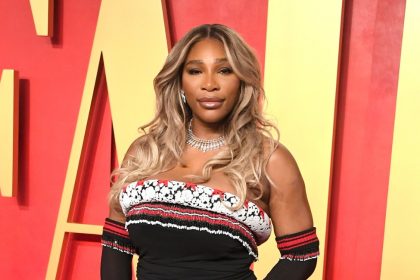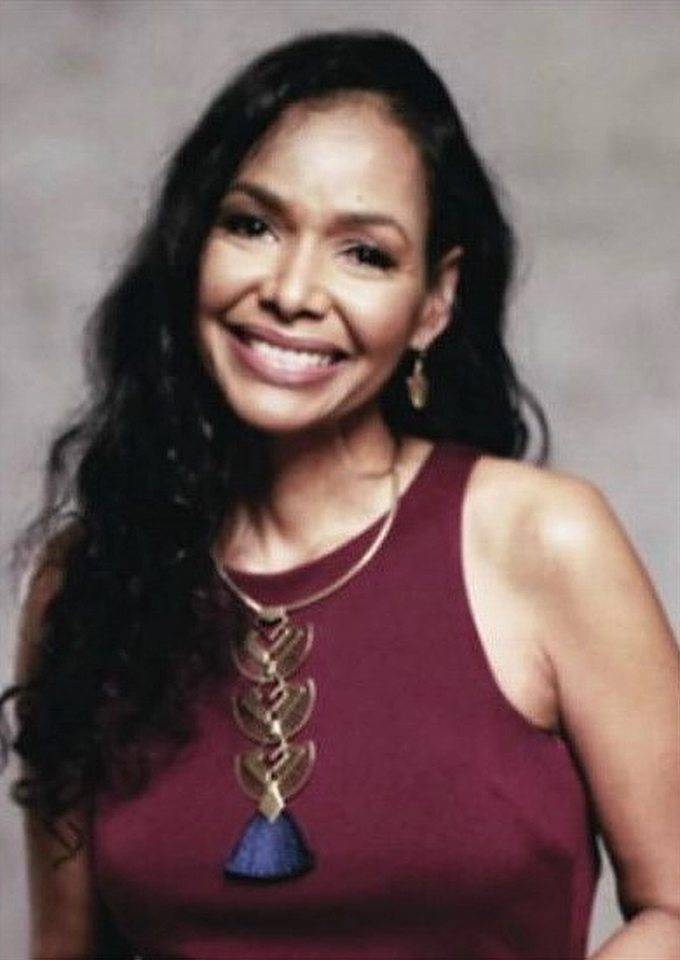
Maggie Anderson is the CEO and founder of The Empowerment Experiment Foundation Inc. and creator of “The Black-Owned Hair Care Challenge.” Anderson is the late Congressman John Lewis’ former aide, President Barack Obama’s former law student, and a successful corporate executive. She publicly pledged to “buy Black” for a full year, amid threats to her and her family and her mother’s fatal pancreatic cancer battle. Her historic stand, dubbed as “The Empowerment Experiment” resulted in tens of millions in revenue for and deposits into Black businesses and banks.
A landmark Kellogg study proved one million jobs could be created if these businesses received a small increase in support. She wrote about her experiences in her critically acclaimed book, Our Black Year: One Family’s Quest to Buy Black in America’s Racially Divided Economy.
What key skills or qualities make you unique as an African American woman leader?
As a woman who is Black and fighting for and representing exploited communities, I have the capacity, inclination and desire to resist and refute the status quo. I have never been on top, so I will never look down at anyone. I only and always will be looking up to God and my ancestors.
Why is it important for women of color to work in leadership roles and decision-making capacities?
Women are maternal, and thus, can make better decisions when in leadership roles. These decisions are not definitely or inherently self-serving and focus on a collective, a community.
Women of color undoubtedly endured and overcame some form of discrimination, sexism, racism, etc. That’s hard-earned wisdom and perspective. We see and feel things that others simply cannot. It builds character, integrity, and enables us to be more engaging, inclusive, courageous and visionary when we lead and make decisions. As leaders, survivors, revolutionaries, we represent and are more likely to reinvest in vast populations of the voiceless and victimized.
Continue reading on the next page.

